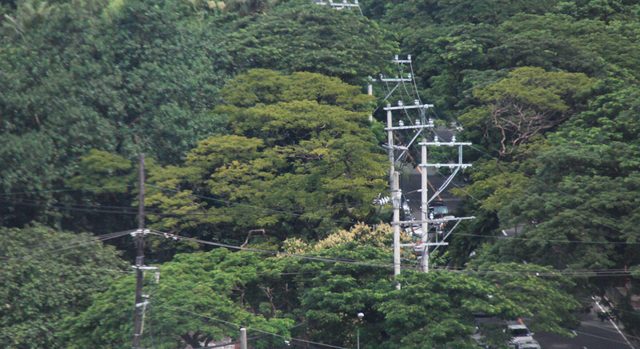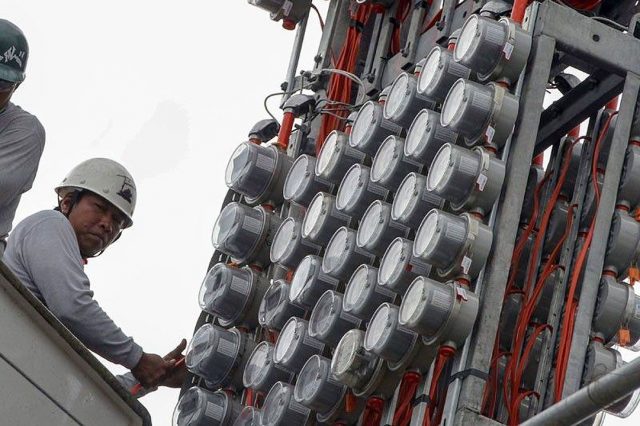Upgraded GenSan airport rated at 150% of previous capacity
THE Civil Aviation Authority of the Philippines (CAAP) said Thursday that the upgraded General Santos (GenSan) Airport can now accommodate up to two million passengers annually from the previous ceiling of 800,000.
Transport officials inaugurated Thursday the newly developed airport in General Santos City.
The projects completed at the airport include the P434.29-million rehabilitation and expansion of a passenger terminal building, the P107.22-million procurement and installation of navigational aids, and the P23.43-million construction of a CAAP administration building.
“The newly constructed two-story CAAP administration building, with an estimated floor area of 900 square meters, now serves as new office space for all administrative personnel of the Airport. The admin building project also includes concreting of its vehicular parking area,” the agency said in a statement.
“From a previous area of 4,029 square meters, the airport’s passenger terminal building now has a total of 12,240 square meters. These development projects were able to provide job opportunities to around 380 workers during the airport’s construction phase,” it added.
The airport serves the provinces of South Cotabato, Cotabato, Sultan Kudarat, Sarangani, and the city of General Santos.
“Projects to continuously develop the General Santos Airport are now ongoing, such as the P91,888,888 upgrade of Gensan Airport’s power system which is targeted to be finished by the end of this year; as well as the improvement and construction of its facilities, targeted to be completed by Nov. 18, 2021,” the CAAP said. — Arjay L. Balinbin












